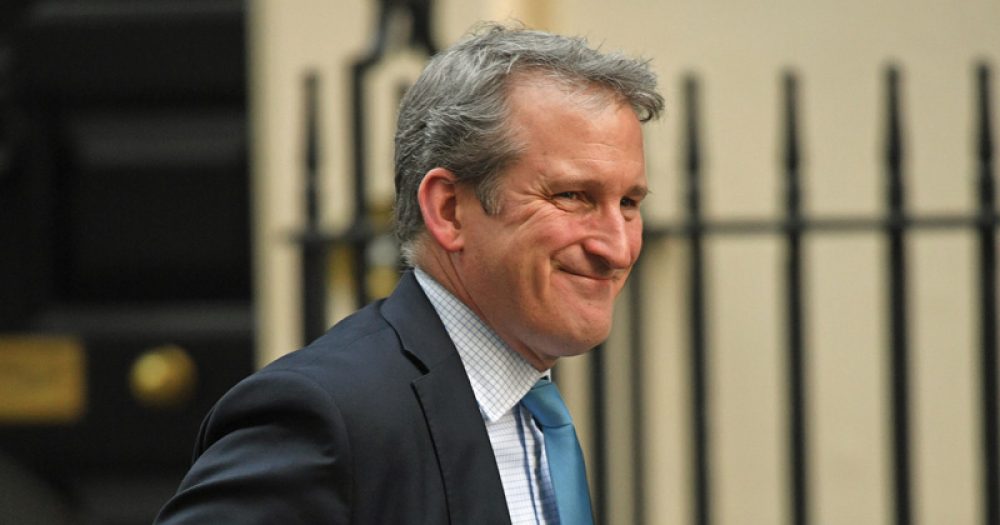The education secretary has promised to clamp down on academy trusts which hand out lucrative contracts to family and friends, as well as excessive chief executive pay.
From April 2019, all related-party transactions worth more than £20,000 will need to be declared to the Education and Skills Funding Agency for approval, Damian Hinds announced.
Academy accounts returns will need to detail staff earning over £100,000 and the “percentage of teaching time those individuals undertake”.
Related-party transactions are deals between academy trusts and linked private companies. For example, a trust buying services from a company run by one of its members or trustees, or one of their family members, counts as a related-party transaction.
In a damning report on the state of academy spending released in March, the public accounts committee warned that the DfE’s current rules, which allow such transactions as long as no-one profits from the deals, are “too weak”.
Mr Hinds told delegates at the National Governors Association’s conference in Manchester that every pound of school funding needs to be spent on “providing children with a world-class education”.
He wants to make academy trusts more accountable for the money they spend in general, by taking a “tough approach” on the “rare cases” where those involved in running schools break the rules.
“I want to make sure that every pound of public money for our schools is used in the best possible way for the good of our children and society,” he said. “That means taking a tough approach and this includes a new, more robust process to manage related-party transactions made by academy trusts.
“I think pretty much everyone would agree that a situation where board members could hand out unjustified contracts to companies that they or their friends and business associates have an interest in is not okay.”
He wants the DfE to be “clear about our expectations” on high pay.
“There is no doubt that our school system has many great leaders, and for large and complex organisations pay must reflect the scale of the task,” he continued. “However, pay needs to be proportionate – and pay rises for non-teaching staff should not exceed that awarded to teaching staff. And where salaries aren’t justifiable – we will say so.”
Schools Week has reported extensively on excessive chief executive pay. Sir Dan Moynihan of the Harris federation was the best paid of all CEOs last year, with a £20,000 pay increase to a minimum of £440,000 last year.
Academies Minister Lord Agnew has in recent months been working with Eileen Milner, the chief executive of the ESFA, to challenge 117 academy trusts found paying individual staff more than £150,000 to ensure they are clear that pay must be justifiable and based on a transparent process.
The DfE said today that following a “series of correspondence and meetings with these trusts”, 18 have so far confirmed they no longer pay a salary over £150,000, and “many more have indicated they will work to revise high salaries and prevent unjustified salary inflation in the future”.
Trusts are required to report the number of staff members with salaries of £60,000 and over in bands of £10,000 as part of their annual accounts return.
From £100,000 and above, staffs’ jobs must be included in the return. A requirement to also report percentage of teaching time will be a new requirement in this year’s accounts return, to be published in October 2018.







I wager he won’t. Any takers?
Some CEOs are paid far too much but they’re not paid to teach so what is all this nonsense about % of teaching time on behalf of the individual.
Er, can we cut out this ‘crack down’ headline nonsense, please?
Asking them politely to please not do it again, without any actual measures to counter repetition, doth not a ‘crack down’ make!